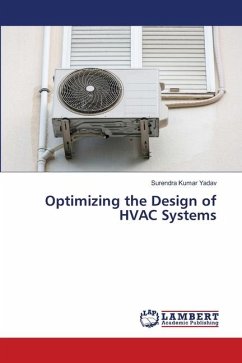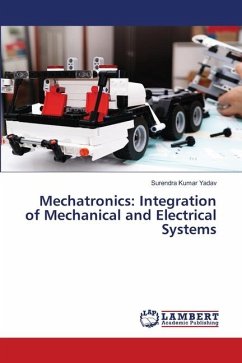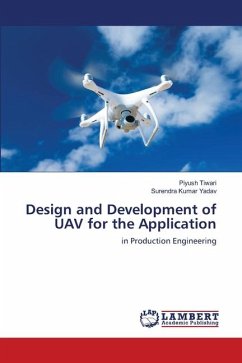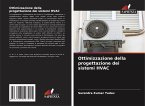The design and optimization of Heating, Ventilation, and Air Conditioning (HVAC) systems are crucial aspects of modern building engineering. This paper explores the key considerations, methodologies, and technologies involved in optimizing HVAC system designs to enhance energy efficiency, indoor air quality, and occupant comfort. The first section delves into the fundamental principles governing HVAC system design, including load calculations, equipment selection, and distribution strategies. It highlights the importance of considering factors such as climate, building usage, and occupancy patterns in designing efficient and effective HVAC systems. The second section focuses on optimization techniques, ranging from traditional methods like manual calculations and rule-based approaches to advanced computational tools such as Building Information Modeling (BIM) and Computational Fluid Dynamics (CFD). These tools enable engineers to simulate and analyze HVAC performance under various operating conditions, allowing for informed decisions and fine-tuning of system parameters.
Bitte wählen Sie Ihr Anliegen aus.
Rechnungen
Retourenschein anfordern
Bestellstatus
Storno








